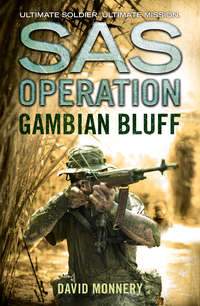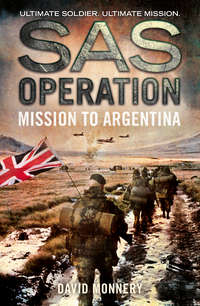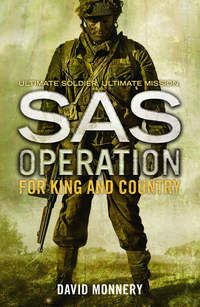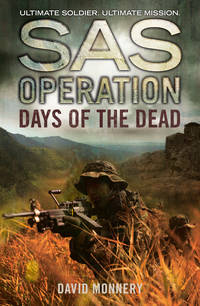Bosnian Inferno
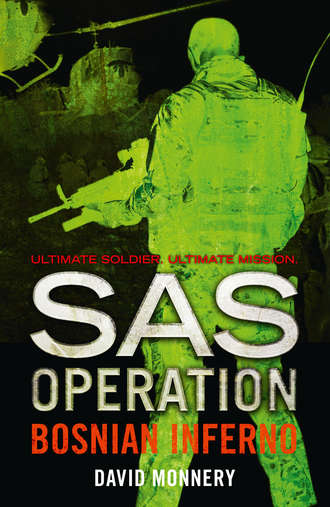
Полная версия
Bosnian Inferno
Жанр: приключениядетективызарубежные приключениятриллерыкниги о войнесовременная зарубежная литературашпионские детективыкниги о приключенияхсерьезное чтениеоб истории серьезно
Язык: Английский
Год издания: 2019
Добавлена:
Настройки чтения
Размер шрифта
Высота строк
Поля
Конец ознакомительного фрагмента
Купить и скачать всю книгу

